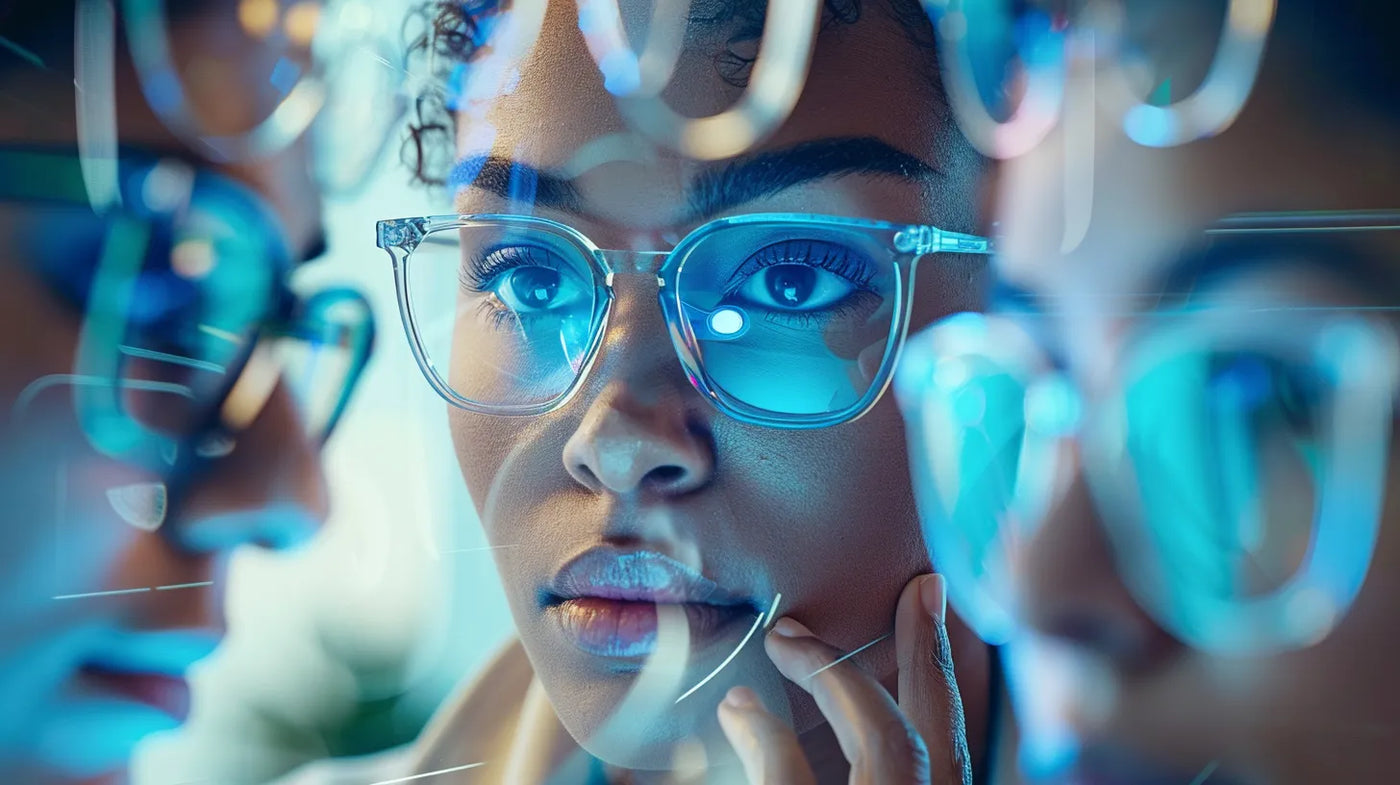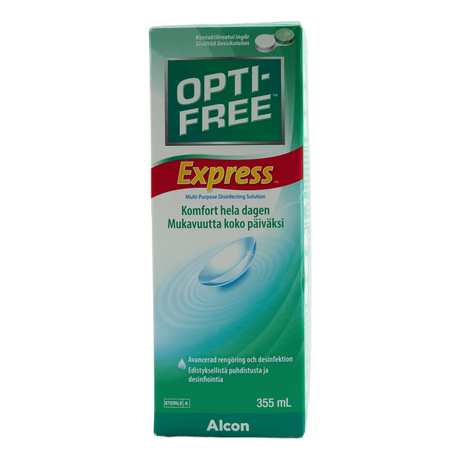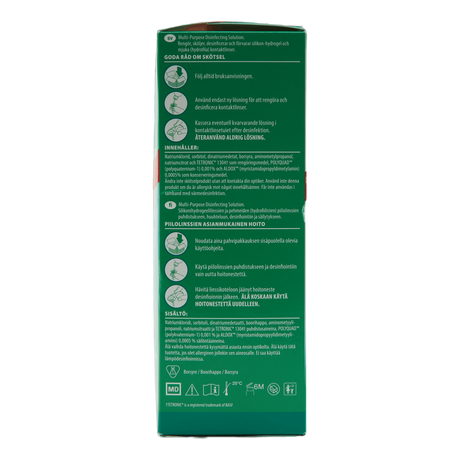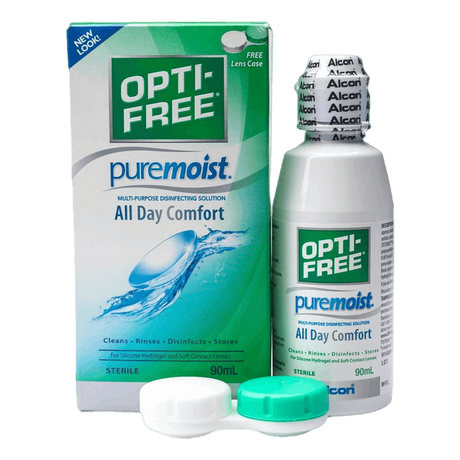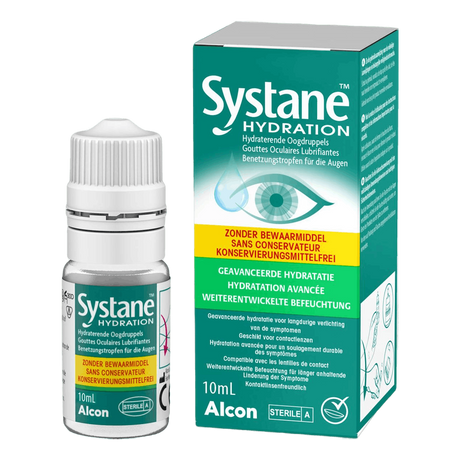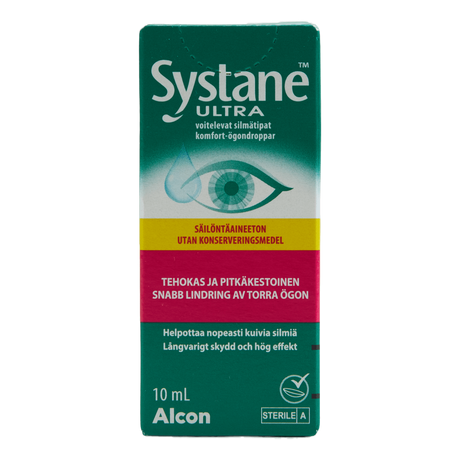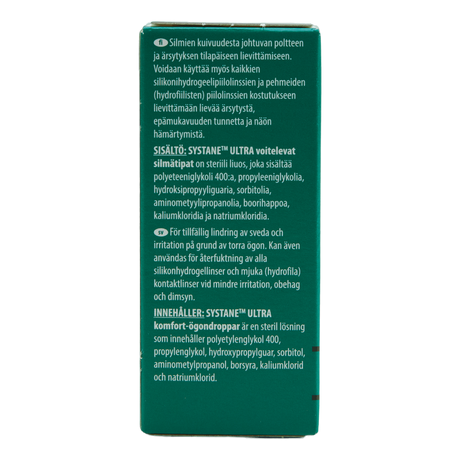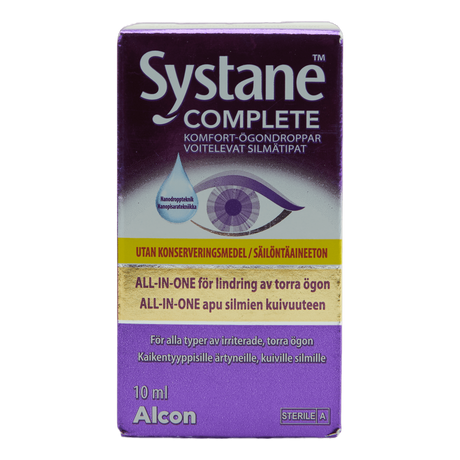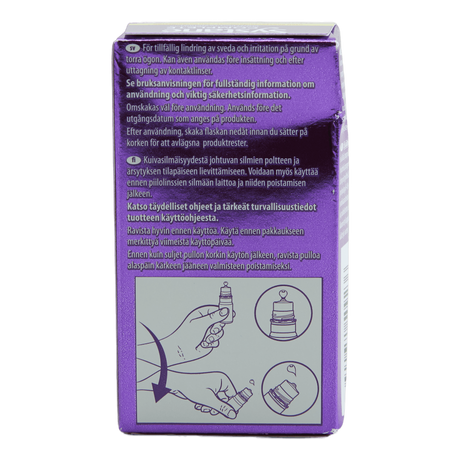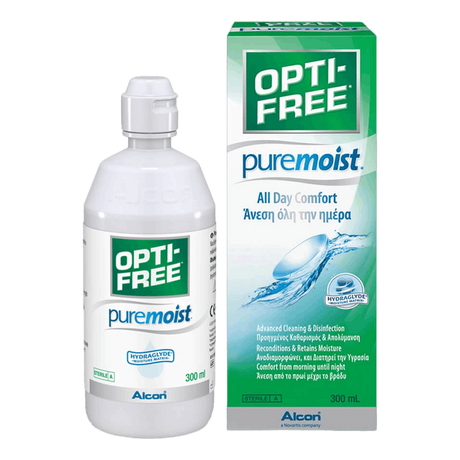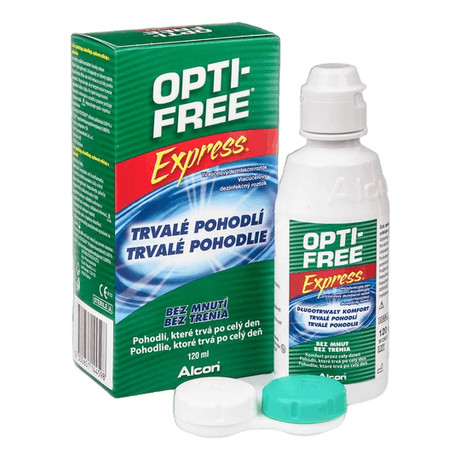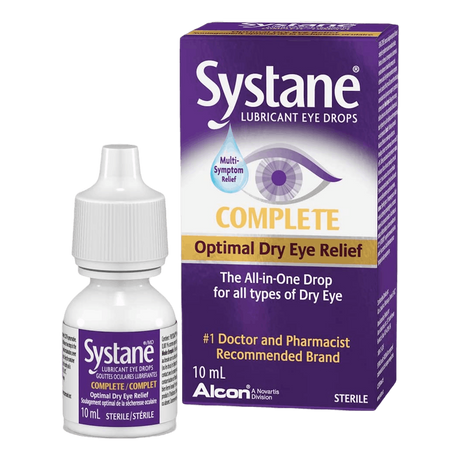What is Blue Light and Why is it a Problem?
Blue light is a type of light with shorter wavelengths and higher energy than other light. It occurs naturally in sunlight and helps us stay alert and regulate our circadian rhythm. However, in today's digital world, we are exposed to much more blue light than before, primarily from screens on computers, phones, and tablets.
Overexposure to blue light, especially in the evening, can disrupt our circadian rhythm and make it harder to fall asleep. It has also been linked to digital eye strain, with symptoms such as tired, dry, and irritated eyes, headaches, and blurred vision.
Some studies also suggest that long-term exposure to blue light may increase the risk of age-related macular degeneration (AMD), although more research is needed in this area.
How Do Blue Light Glasses Work?
Blue light glasses have special lenses designed to filter out a portion of the blue light from digital screens. They work by absorbing or reflecting the blue light, reducing the amount that reaches your eyes.
Most blue light blocking glasses block around 30-50% of the blue light in the harmful spectrum while allowing enough blue light to pass through to maintain the positive effects, such as regulating the circadian rhythm during the day.
It's important to note that blue light glasses do not block all blue light, and they do not protect against other issues related to screen time, such as dry eyes from reduced blinking.
Who Can Benefit from Blue Light Glasses?
Blue light glasses can be helpful for anyone who spends a significant amount of time in front of digital screens, whether for work or leisure. They can be particularly beneficial for:
- Office workers and students who use computers all day
- Gamers and those who watch a lot of TV or use tablets
- People who have trouble sleeping or frequently use devices late at night
- Those who experience symptoms of digital eye strain, such as tired or dry eyes
While blue light glasses can be helpful for many, they are not a one-size-fits-all solution. If you have severe issues with sleep disturbances or eye discomfort, it's always best to consult with a doctor or optometrist for personalized advice.
Can You Wear Blue Light Glasses with Contact Lenses?
Yes, it is perfectly fine to wear blue light glasses along with contact lenses. In fact, many contact lens wearers find them particularly useful, as contact lenses do not provide any protection against blue light on their own.
If you wear contact lenses and spend a lot of time in front of screens, blue light glasses can be a great complement to reduce digital eye strain and improve comfort.
Just be sure to choose blue light glasses with non-corrective, flat lenses if you plan to wear them over your contact lenses. And as always, follow good contact lens hygiene and limit screen time when possible to take care of your eyes.
Tips for Choosing the Right Blue Light Glasses
When selecting blue light glasses, consider the following:
- Choose a pair that blocks enough blue light (around 30-50%) to be effective
- Ensure they are comfortable and fit well, especially if you plan to wear them for extended periods
- Consider your personal style - there are many fashionable options out there!
- Check if the lenses are anti-reflective to reduce glare
- If you have a vision correction, ask your optometrist about options with your prescription
Remember, blue light glasses are a tool to support your eye health, but they don't replace other good habits like taking regular breaks from the screen and blinking often.
Whether you choose blue light glasses or not, it's important to prioritize your eye health in our increasingly digital world. By being aware of the risks of blue light and taking steps to limit your exposure, you can keep your eyes healthy and comfortable for years to come. So why not give a pair of blue light blocking glasses a try and see if they make a difference for you? Your eyes will thank you!
